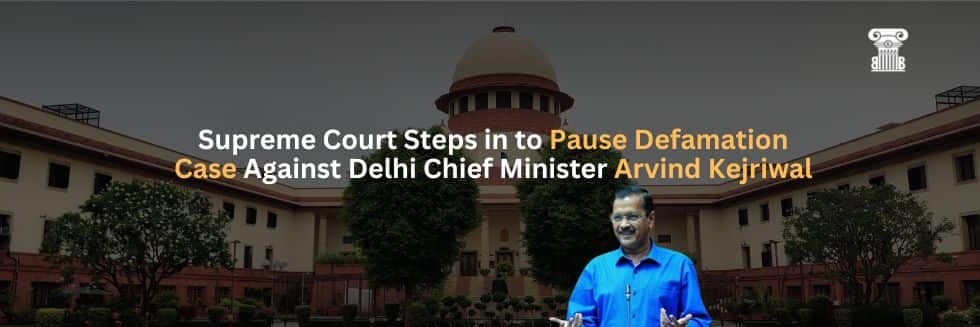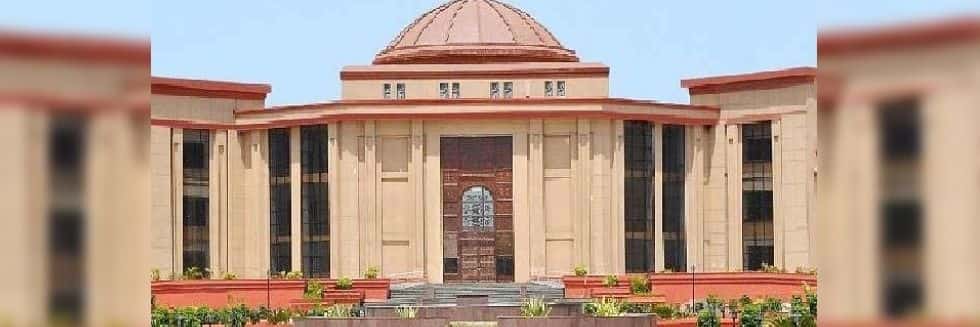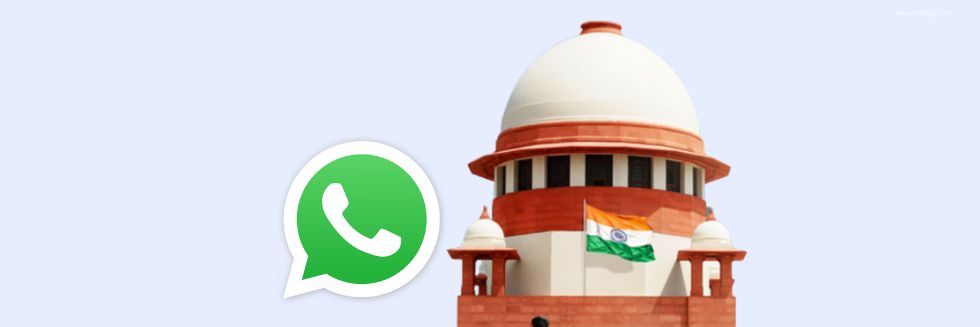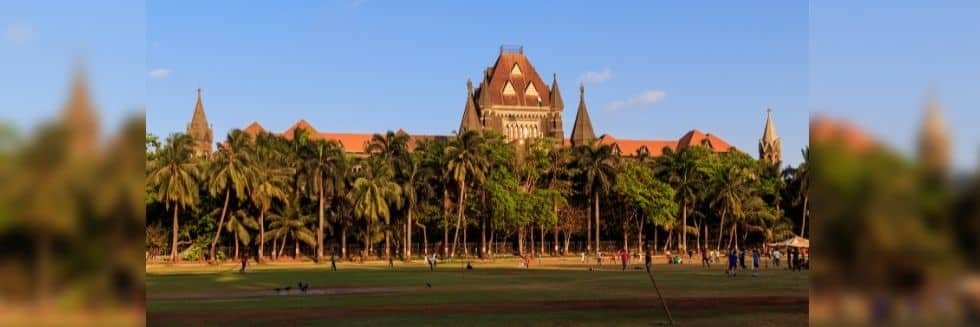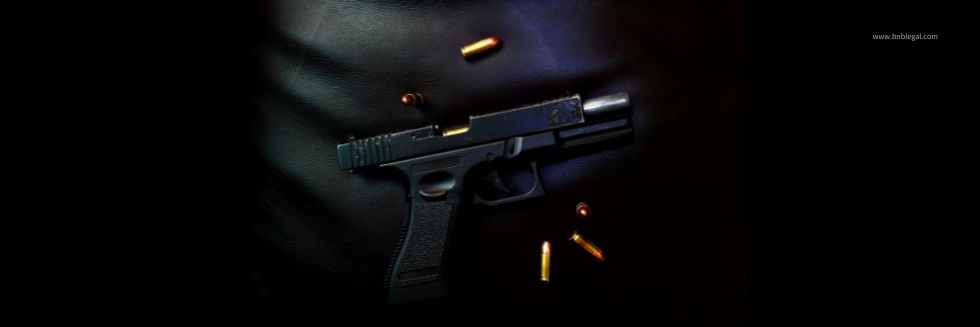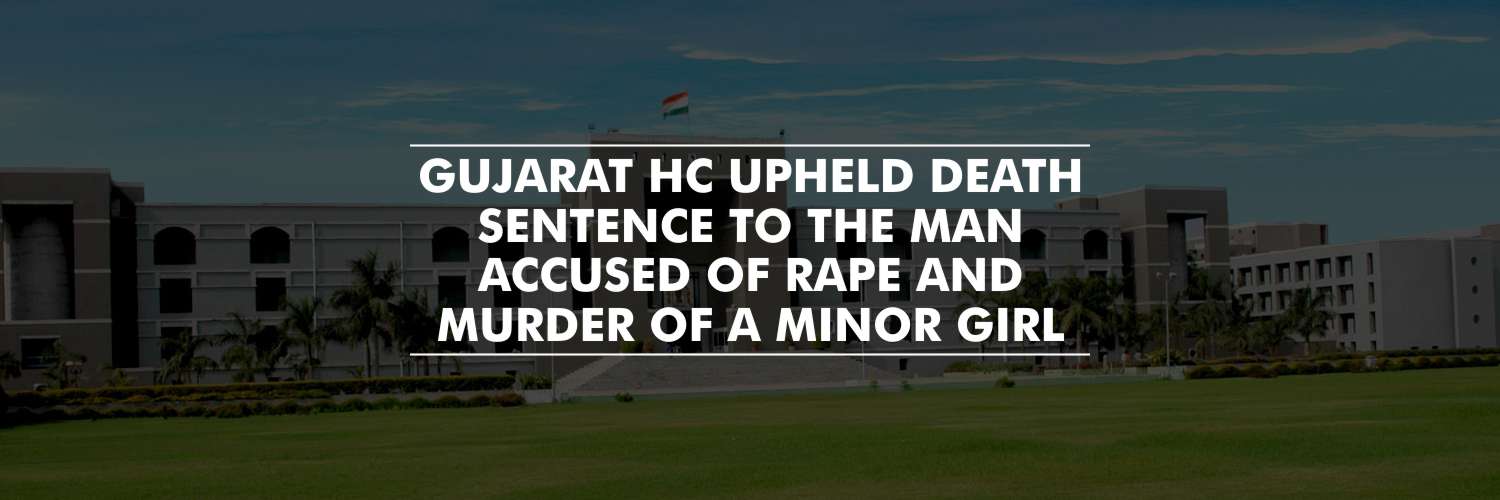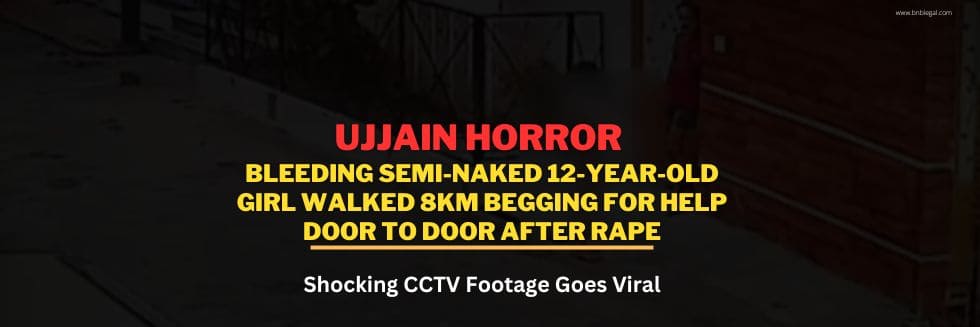In a recent turn of events, the Supreme Court has stepped in to pause a defamation case against the Chief Minister of Delhi. The case, known as Arvind Kejriwal v. State National Capital Territory of Delhi & Anr. (2024), centers around the Chief Minister’s retweet of a YouTube video that criticized a political party’s IT cell.
Case Background
The Chief Minister was facing a criminal defamation case for retweeting a video posted by a YouTuber in 2018. The Delhi High Court upheld the summons issued to the Chief Minister, stating that every retweet of a defamatory statement would typically be considered ‘publication’ under Section 499 of the Indian Penal Code, 1860 (IPC). The Chief Minister challenged this decision, arguing that retweeting does not necessarily mean endorsement.
Understanding Defamation Law in India
Defamation in India can be both a civil and a criminal offence.
Civil Defamation
Civil defamation involves making a false statement about someone that harms their reputation. It allows the affected party to sue the person who made the false statement for damages in a civil court. The goal of civil defamation is to compensate the victim for any harm caused to their reputation.
Criminal Defamation
Criminal defamation is a criminal offence where a person intentionally makes a false statement about someone else with the intent to harm their reputation. This false statement must be published or communicated to a third party. Criminal defamation is considered a criminal offence under Section 499 of the IPC. The punishment for criminal defamation can include two years imprisonment and/or a fine as prescribed under Section 500 of the IPC.
Free Speech and Legal Precedents
While Article 19(1)(a) protects free speech, Article 19(2) allows for reasonable restrictions, including defamation.
In the case of Subramanian Swamy v. Union of India (2016), the Supreme Court concluded that criminal defamation laws are not disproportionate restrictions on freedom of speech. It argued that protecting reputation is a fundamental right that serves the social interest, and reasonable restrictions on free speech are necessary to maintain democratic order and mutual respect.
In Kaushal Kishore v. Union of India (2023), the Supreme Court of India addressed the conflict between the right to freedom of speech and expression guaranteed under Article 19(1)(a) of the Constitution and the right to dignity protected under Article 21. The court emphasized the importance of balancing fundamental rights and addressing the evolving understanding of these rights in modern society. The majority judgment held that while the right to freedom of speech is crucial, it cannot be curtailed solely to protect the dignity of an individual.
In Shreya Singhal v. Union of India (2015), the Supreme Court struck down Section 66A of the Information Technology Act, 2000 (IT Act) due to its violation of free speech.
Retweeting and Defamation
Retweeting allegedly defamatory content can constitute defamation, as it involves communicating defamatory statements to a wider audience. While online defamation falls under IPC Section 499, the IT Act allows for the removal of such content under Section 69 of the IT Act.
